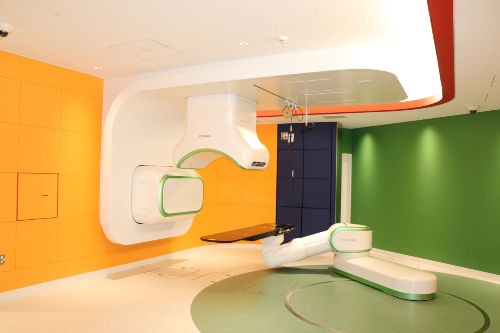J-STORIES - The conventional method of replacing damaged teeth from decay or aging is to replace them with artificial materials such as dentures or implants. However, new drugs are being developed today, paving the way for future medical treatments to create a “third tooth” to replace permanently lost teeth.
Toregem Biopharma, based in Kyoto City, is developing the world's first tooth regeneration drug, which will begin clinical and safety trials in September 2024. Followed by another clinical trial for people with congenital edentulism, a condition in which some teeth do not grow at birth, the goal is to commercialize the technology by 2030.
Right now, the regenerative drug targets patients with congenital edentulism, a rare condition where the patient is born with fewer teeth than normal. The number of patients treated by dentures and implants is estimated to be only 1% of the total population in Japan. However, these common treatments cannot be used for children; therefore, many are forced to live with just a few teeth. In the future, the project plans to cover the elderly and people who have lost teeth.

The drug was developed by Takahashi and his colleagues, who specialized in oral surgery at Kyoto University's Graduate School of Medicine. Currently affiliated with the Medical Research Institute Kitano Hospital, Tazuke-Kofukai (Osaka City), Takahashi has been exploring the possibility of tooth regeneration for almost 30 years.
The turning point in the drug’s development came in 2018. After going through many unsuccessful experiments to increase the number of teeth with a genetically engineered virus, Takahashi and his colleagues turned their attention to a protein they called USAG-1.
Mice lacking the USAG-1 gene stop the degradation of “tooth buds,” which normally degenerate and disappear. Takahashi and his colleagues discovered this and designed an experiment to grow teeth by administering an antibody that suppresses the function of the USAG-1 protein. Ultimately, the results showed great success.

“Without the USAG-1 protein, antibodies cannot be made. It was difficult to create the protein,” says Takahashi. The experiment was made possible with the support of professor Junichi Takagi of Osaka University's Institute for Protein Research since he was responsible for protein development.
In May 2020, Takahashi and his team established Toregem Biopharma, headed by Honoka Kihaya, a dentist who was in Takahashi's laboratory when he was a graduate student at Kyoto University. The company now has a team of over 100 people from Kyoto University, the University of Fukui, and other companies working on development.

Currently, the preliminary stages of clinical trials are almost complete. Starting in September 2024, the company plans to conduct a yearlong Phase I clinical trial to test the drug's efficacy in healthy men between the ages of 30 and 65 who are missing some teeth. After that, the drug will be administered to edentulous patients between the ages of 2 and 7 to confirm its effectiveness and aim for the commercialization of the drug by the end of 2030.
In July 2023, the company raised a total of 380 million yen through a third-party allocation of new shares. The funds will be used for the manufacturing of investigational drugs for patients, and the practical application of the drug. To make this possible, the company seeks partnerships with pharmaceutical companies.
“Teeth are organs, and it has been our dream to create a fully formed organ,” says Takahashi. “We would like to promote nutritional intake for edentulous patients, and especially for growing children, so they can live a normal, comfortable life.”
Translation by Tony McNicol
Updated by Mark Goldsmith
Top page photo by Toregem Biopharma
For inquiries about this article, please contact jstories@pacficbridge.jp
***
Click here for the Japanese version of the article.

_smallthumbnail.jpg)
_smallthumbnail.jpg)












![[Interview] When digital and physical worlds meet](https://storage.googleapis.com/jstories-cms.appspot.com/images/1747974430456unnamed-2_smallthumbnail.png)

![[Interview] How Japanese musician Grover turned his passion of ‘sound’ into a health-tech startup](https://storage.googleapis.com/jstories-cms.appspot.com/images/1746181078493R7__1407_smallthumbnail.jpg)







is this for all cases not just congenital because the fact is that millions of people are missing teeth and this would be better because it is natural...Read more
I dearly hope that you find nothing but success & that it'll be so safe for people with health issues. I was diagnosed lupus when I was 14. I was hosp...Read more
Dear honorable persons, My name is Daniel and I was born with the misfortune of growing up poor in the city of Las Vegas Nevada, USA. I have ...Read more
Im sure a black market copy drug be available by your local street gang 2026.
God, how I wish they could do it. I'm 17, but I already have some problems with my teeth. I'm also often prone to caries. That's why I dream of restor...Read more